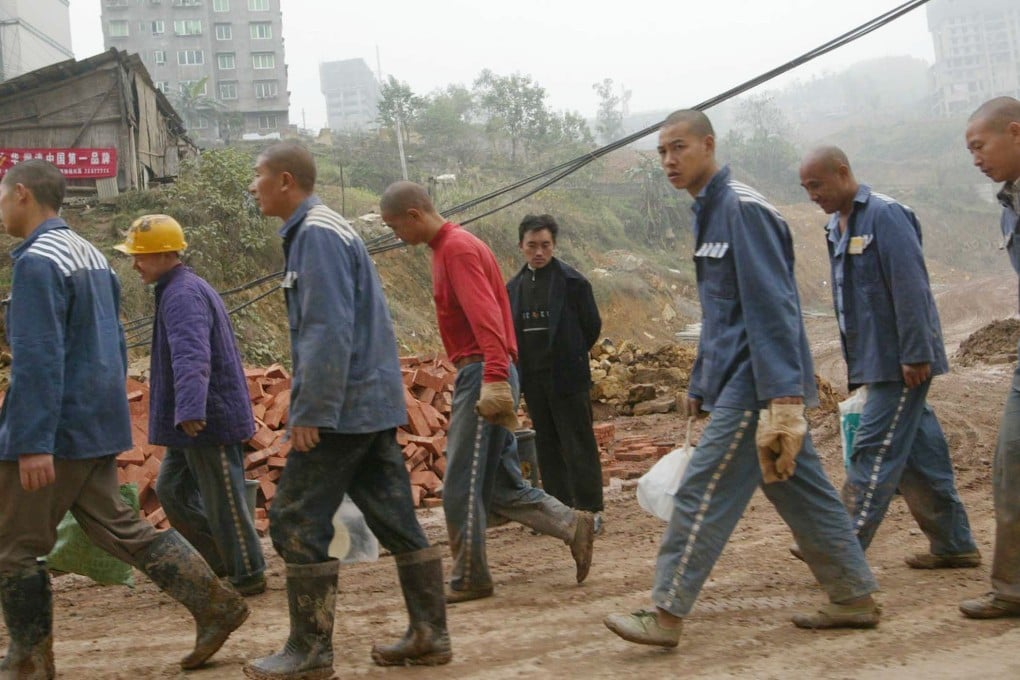China's labour camp system officially abolished
NPC Standing Committee officially abolishes system of 're-education' used to silence activists

The mainland's notorious re-education-though-labour system is officially history.
The decision by the National People's Congress Standing Committee to formally abolish the 56-year-old system, which allowed authorities to sentence people to up to four years of forced labour without trial, was praised by former prisoners.
Under the new policy approved by the national legislature at the end of its six-day meeting in Beijing, those still in labour camp time would be released and their remaining terms not enforced.
"The labour camp system is a shame on China," said Huang Chengcheng , 31, of Chongqing , who spent two years in a labour camp for posting an online comment seen as a reference to the Arab spring. "I am so happy that I have lived to see the day of its abolition."
This month, the rights group Amnesty International published a report saying that mainland authorities had already begun replacing labour camps with other forms of extrajudicial detention, including "black jails", drug rehabilitation facilities and "brainwashing centres".
The NPC Standing Committee also endorsed a relaxation of the country's three-decade-old one-child policy, allowing couples to have a second child if one of the parents was an only child. Previously, couples could have two children if neither parent had siblings.